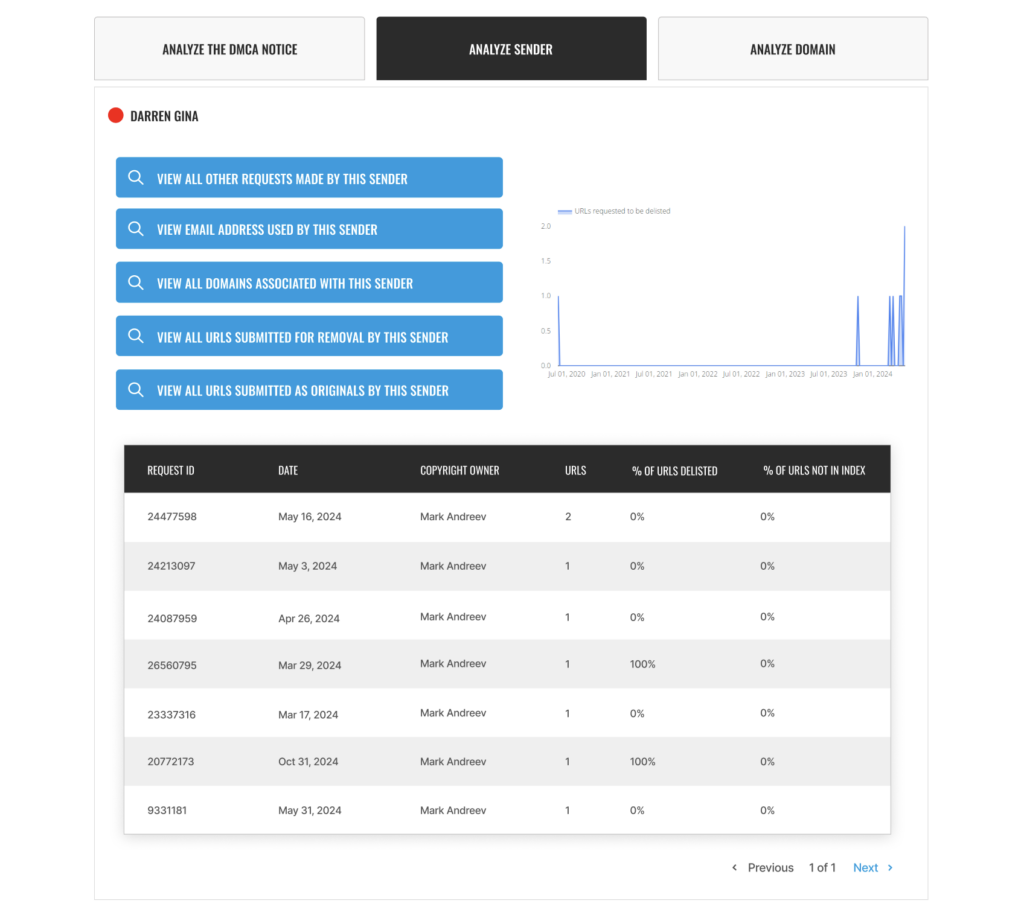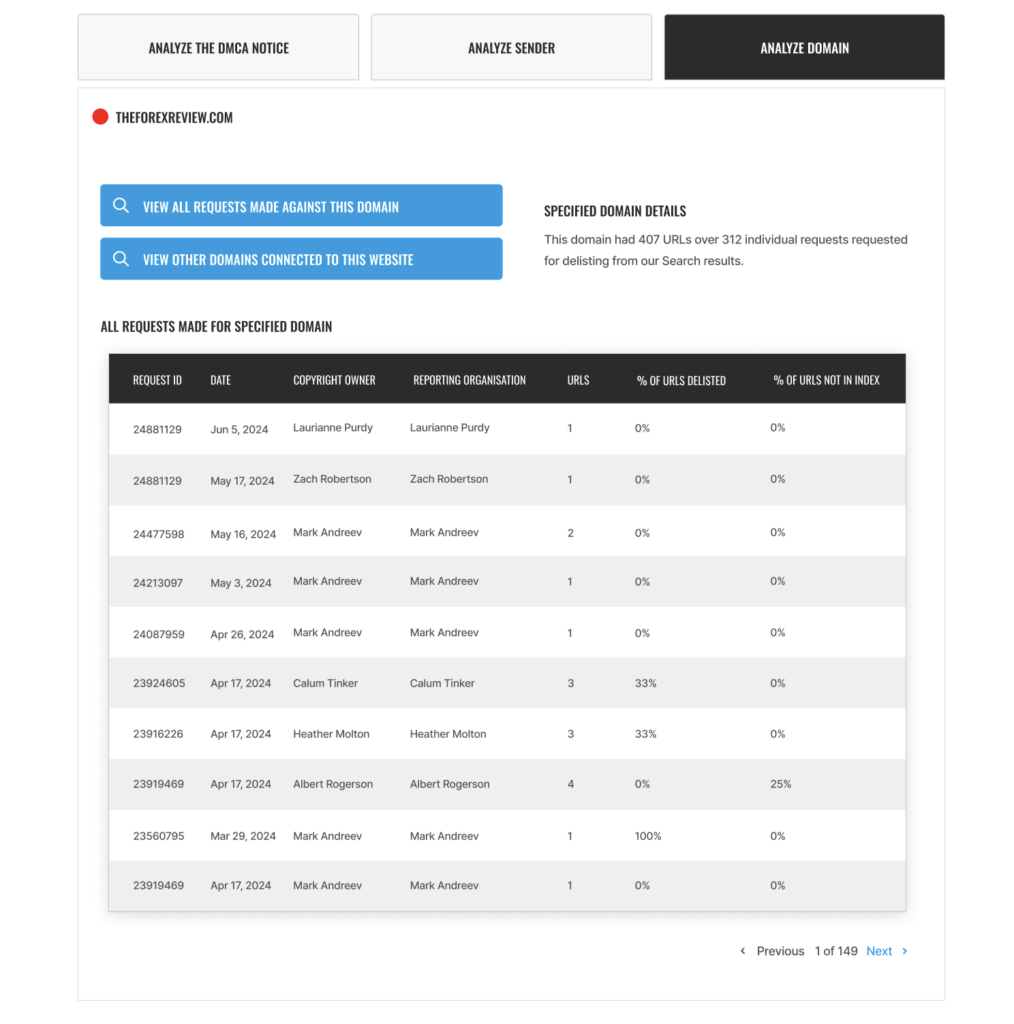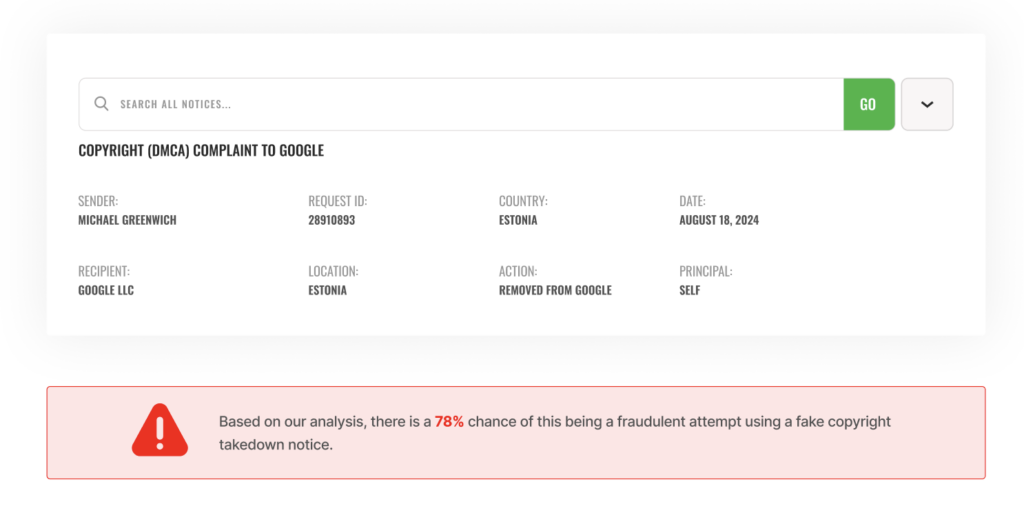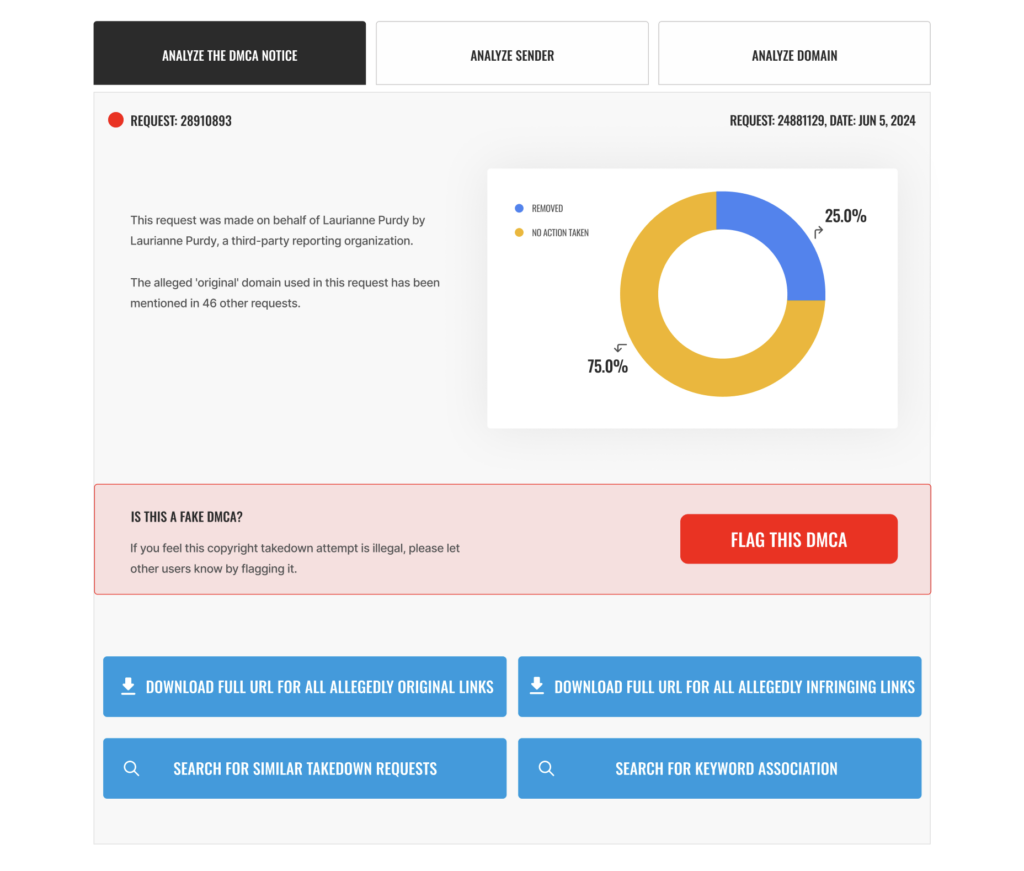What Happened?
Exness, a major player in the forex trading market, has recently been caught in a web of controversy surrounding its attempts to bury a problematic past and stifle critical media coverage. The company, which has often been touted as one of the more transparent brokers in the industry, seems to be employing tactics to suppress information that could harm its reputation. A close examination of Exness’s history reveals concerns ranging from misleading marketing practices to regulatory scrutiny in various jurisdictions. The recent moves by the broker to censor damaging news only add to the suspicions surrounding its operations and raise serious questions about the integrity of its practices.
Reports have surfaced that Exness is leveraging its influence to control the narrative in the financial media landscape, often using tactics aimed at silencing critics. By strategically pushing for content removal or requesting revisions of unfavorable reviews, Exness aims to cultivate an image of reliability that might not reflect the full reality. According to a detailed review by ForexBrokers.com, while Exness has a decent reputation for customer support and trading infrastructure, there is still a lingering opacity about how they deal with regulatory compliance issues and internal governance. This lack of transparency is at odds with their proclaimed values of openness and client protection, casting a shadow over their current standing in the trading community.

For those looking to engage with Exness, it’s crucial to be aware of these controversies and make informed decisions, understanding that the broker’s clean image may have been maintained through active suppression of critical information.

Analyzing the Fake Copyright Notice(s)
Our team collects and analyses fraudulent copyright takedown requests, legal complaints, and other efforts to remove critical information from the internet. Through our investigative reporting, we examine the prevalence and operation of an organized censorship industry, predominantly funded by criminal entities, oligarchs, and disreputable businesses or individuals. Our findings allow internet users to gain insight into these censorship schemes’ sources, methods, and underlying objectives.
List of Fake Copyright Notices for Exness
| Number of Fake DMCA Notice(s) | 2 |
| Lumen Database Notice(s) | https://lumendatabase.org/notices/43945445 https://lumendatabase.org/notices/44009764 |
| Sender(s) | SynergyVista Ventures pvt.ltd NovaFusion Technologies |
| Date(s) | Aug 20, 2024 Aug 22, 2024 |
| Fake Link(s) Used by Scammers | https://my.exness.com/accounts/sign-in |
| Original Link(s) Targeted | https://www.forexbrokers.com/reviews/exness |
Evidence and Screenshots


How do we investigate fake DMCA notices?
To accomplish this, we utilize the OSINT Tool provided by FakeDMCA.com and the Lumen API for Researchers, courtesy of the Lumen Database.
FakeDMCA.com is the work of an independent team of research students and cybersecurity professionals, developed under Project UnCensor. Their OSINT Tool, designed to uncover and analyze takedown notices, represents a significant step forward in combating these abusive practices. It has become a valuable resource, increasingly relied upon by journalists and law enforcement agencies across the United States.
Lumen, on the other hand, is an independent research initiative dedicated to studying takedown notices and other legal demands related to online content removal. The project, which operates under the Berkman Klein Center for Internet & Society at Harvard University, plays a crucial role in tracking and understanding the broader implications of such requests.
What was Exness trying to hide?
Exness is an international retail forex and CFD broker founded in 2008. It offers trading services on a variety of financial instruments, including forex, cryptocurrencies, metals, and commodities. Exness is known for its user-friendly trading platforms, competitive pricing, and comprehensive trading tools, and it serves clients worldwide. The company is regulated by multiple financial authorities, including the Financial Conduct Authority (FCA) in the UK and the Cyprus Securities and Exchange Commission (CySEC).
Adverse News, Bad Reviews, Complaints, Allegations, and Documents
Exness has been the subject of various adverse news reports, complaints, and allegations over time. These include:
- Regulatory Issues: Exness has faced regulatory scrutiny in some jurisdictions regarding compliance with financial standards. While it is regulated in the EU and UK, there have been claims that Exness operates under less strict regulation in offshore jurisdictions, raising concerns about the level of investor protection offered to clients trading outside of well-regulated regions.
- Client Complaints and Withdrawal Issues: Many complaints from Exness clients have emerged online, with a significant number focusing on withdrawal issues. Users have reported delays in processing withdrawals, excessive verification requirements, and even denial of withdrawals without clear reasons. These problems have led to questions about the company’s financial transparency and commitment to fair customer treatment.
- Allegations of Manipulating Trades: Some clients have accused Exness of manipulating trades or causing significant slippage during high-volatility periods, which has resulted in substantial financial losses for traders. Such allegations suggest that Exness may use unfair practices to benefit from its clients’ trading activities, a claim that, if true, would point to serious ethical breaches.
- Hidden Fees and Transparency Issues: There are reports that Exness may not be as transparent as it claims in terms of fees and trading conditions. Some clients have complained about unexpected fees and sudden changes in trading conditions without prior notification, which can significantly impact profitability. These allegations challenge Exness’s branding as a customer-centric broker.
- Negative Reviews and Censorship Attempts: There have been instances where Exness has been accused of trying to suppress negative reviews and complaints online. Allegations include using legal threats or leverage to have negative content removed from forums, social media, and review sites. By trying to control the public narrative, Exness may be attempting to maintain an illusion of reliability, masking deeper operational issues.
- Past Business Practices: Documents have reportedly surfaced indicating past discrepancies in the way Exness conducted business, such as potential misrepresentations about trading bonuses, margin calls, or affiliate commissions. These documents suggest that the broker may have engaged in misleading practices that directly contradict its current image of transparency and ethical trading.
Given Exness’s public emphasis on customer trust and transparency, these issues indicate a potential gap between their marketing promises and real-world practices. The attempts to hide or downplay these adverse reviews and allegations raise serious questions about their operational integrity and reliability as a broker.
Only Exness benefits from this crime.

Since the fake copyright takedown notices were designed to remove negative content for Exness from Google, we assume Exness or someone associated with Exness is behind this scam. It is often a fly-by-night Online Reputation agency working on behalf of Exness. In this case, Exness, at best, will be an “accomplice” or an “accessory” to the crime. The specific laws may vary depending on the jurisdiction. Still, the legal principle generally holds that if you actively participate in planning, encouraging, or facilitating a crime, you can be charged with it, even if you did not personally commit it.
How do we counteract this malpractice?
Once we ascertain the involvement of Exness (or actors working on behalf of Exness), we will inform Exness of our findings via Electronic Mail.
Our preliminary assessment suggests that Exness may have engaged a third-party reputation management agency or expert, which, either independently or under direct authorization from Exness, initiated efforts to remove adverse online content, including potentially fraudulent DMCA takedown requests. We will extend an opportunity to Exness to provide details regarding their communications with the agency or expert, as well as the identification of the individual(s) responsible for executing these false DMCA notices.
Failure to respond in a timely manner will necessitate a reassessment of our initial assumptions. In such an event, we will be compelled to take appropriate legal action to rectify the unlawful conduct and take the following steps –
- Inform Google about the fraud committed against them.
- Inform the victims of the fake DMCA about their websites.
- Inform relevant law enforcement agencies
- File counter-notices on Google to reinstate the ‘removed’ content
- Publish copies of the ‘removed’ content on our network of 50+ websites
By investigating the fake DMCA takedown attempts, we hope to shed light on the reputation management industry, revealing how Exness and companies like it may use spurious copyright claims and fake legal notices to remove and obscure articles linking them to allegations of fraud, tax avoidance, corruption, and drug trafficking…
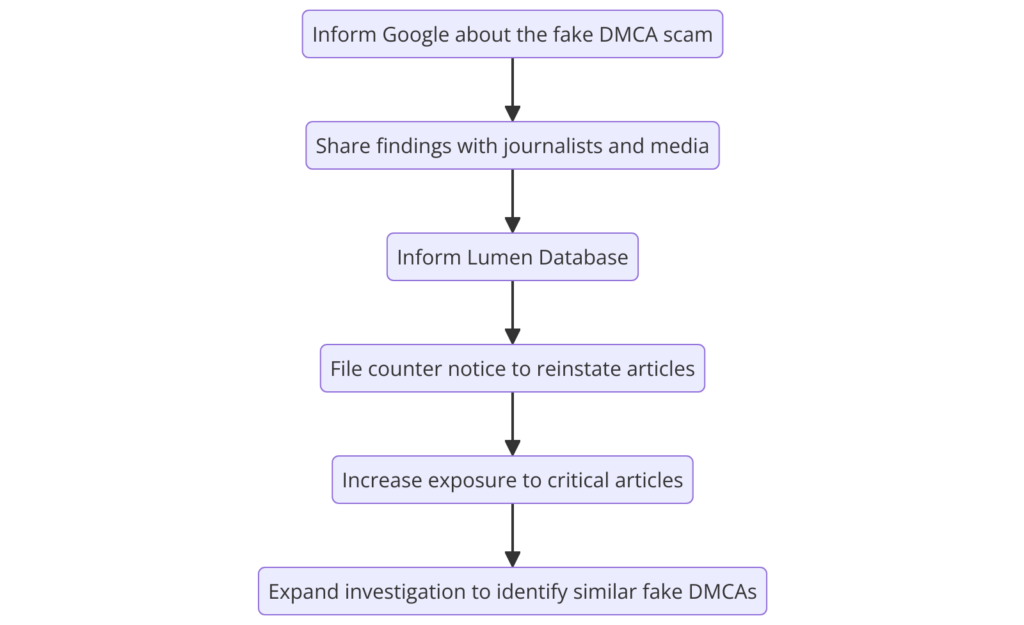
Since Exness made such efforts to hide something online, it seems fit to ensure that this article and our original review of Exness, including but not limited to user contributions, remain a permanent record for anyone interested in Exness.
A case perfect for the Streisand effect…
Potential Consequences for Exness
Under Florida Statute 831.01, the crime of Forgery is committed when a person falsifies, alters, counterfeits, or forges a document that carries “legal efficacy” with the intent to injure or defraud another person or entity.
Forging a document is considered a white-collar crime. It involves altering, changing, or modifying a document to deceive another person. It can also include passing along copies of documents that are known to be false. In many states in the US, falsifying a document is a crime punishable as a felony.

Additionally, under most laws, “fraud on the court” is where “a party has sentiently set in motion some unconscionable scheme calculated to interfere with the judicial system’s ability impartially to adjudicate a matter by improperly influencing the trier of fact or unfairly hampering the presentation of the opposing party’s claim or defense.” Cox v. Burke, 706 So. 2d 43, 46 (Fla. 5th DCA 1998) (quoting Aoude v. Mobil Oil Corp., 892 F.2d 1115, 1118 (1st Cir. 1989)).
Is Exness Committing a Cyber Crime?
Yes, it seems so. Exness used multiple approaches to remove unwanted material from review sites and Google’s search results. Thanks to protections allowing freedom of speech in the United States, there are very few legal ways to do this. Exness could not eliminate negative reviews or search results that linked to them without a valid claim of defamation, copyright infringement, or some other clear breach of the law.
Faced with these limitations, some companies like Exness have gone to extreme lengths to fraudulently claim copyright ownership over a negative review in the hopes of taking it down.
Fake DMCA notices have targeted articles highlighting the criminal activity of prominent people to hide their illegal behavior. These people, which include US, Russian, and Khazakstani politicians as well as members from elite circles including the mafia and those with massive financial power, are all connected – and alleged corruption ranging from child abuse to sexual harassment is exposed when exploring evidence found at these URLs. It appears there’s a disturbing level of influence being exerted here that needs further investigation before justice can be served. Exness is certainly keeping interesting company here….

The DMCA takedown process requires that copyright owners submit a takedown notice to an ISP identifying the allegedly infringing content and declaring, under penalty of perjury, that they have a good faith belief that the content is infringing. The ISP must then promptly remove or disable access to the content. The alleged infringer can then submit a counter-notice, and if the copyright owner does not take legal action within 10 to 14 days, the ISP can restore the content.
Since these platforms are predominantly based in the U.S., the complaints are typically made under the Digital Millennium Copyright Act (DMCA), which requires online service providers and platforms to react immediately to reports or violations. Big Tech companies rarely have systems in place to assess the merit of each report. Instead, all bad actors need to do is clone a story, backdate it, and then demand the real thing be taken down.
Reputation Agency’s Modus Operandi
The fake DMCA notices we found always use the “back-dated article” technique. With this technique, the wrongful notice sender (or copier) creates a copy of a “true original” article and back-dates it, creating a “fake original” article (a copy of the true original) that, at first glance, appears to have been published before the true original.

Then, based on the claim that this backdated article is the “original,” the scammers send a DMCA to the relevant online service providers (e.g. Google), all





